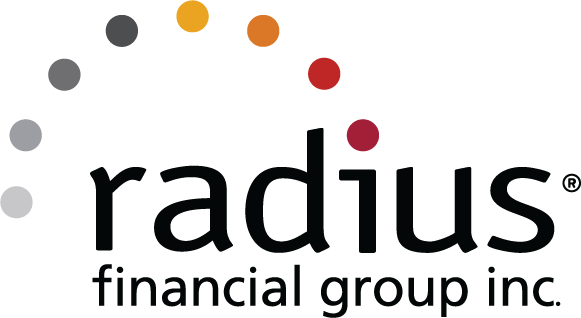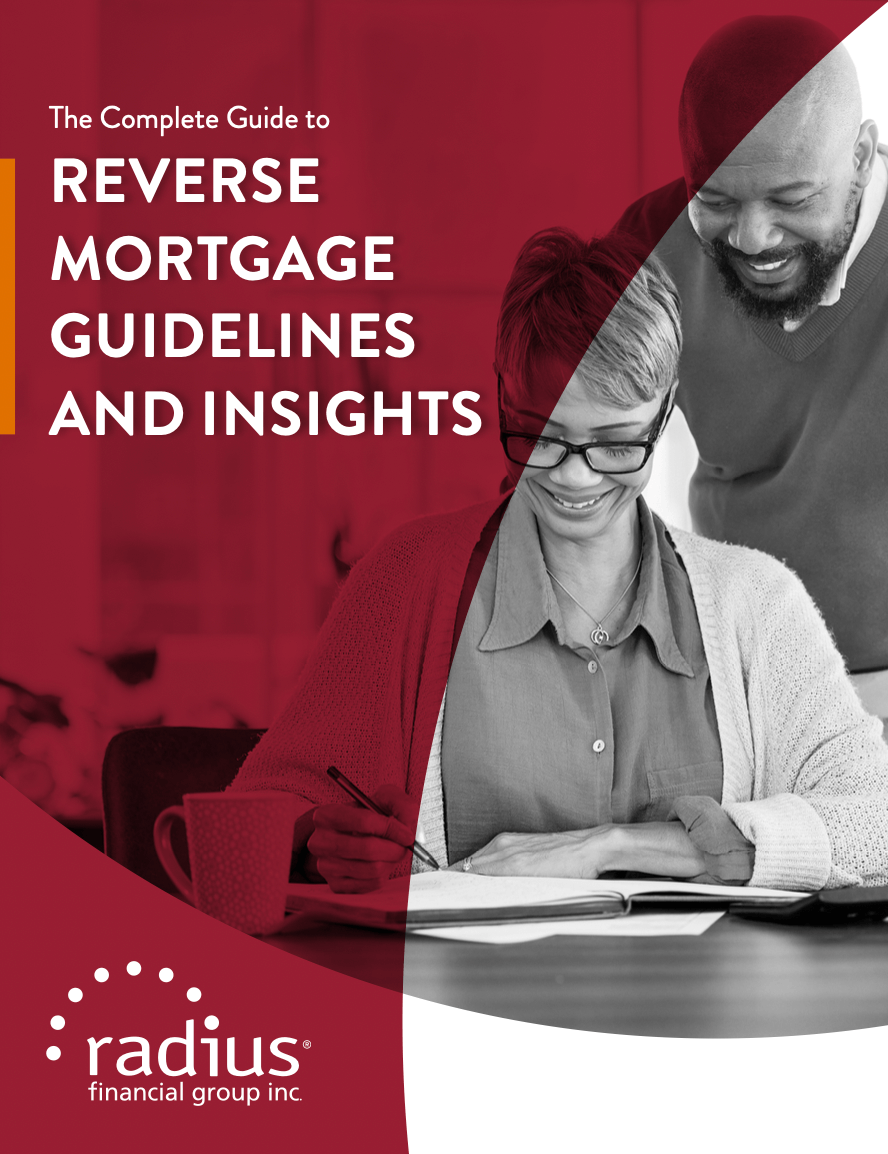The most definitive features of the mortgage include:
- The property is used as collateral for the lender to secure the loan.
- There is no monthly loan payment, but debt still accrues.
- The loan is repaid when a borrower or their heirs sell the house or a maturity event occurs.
- The borrowers continue living in their homes and enjoy their accumulated wealth.
- The funds can be spent on anything (unless the reverse mortgage is a single-purpose mortgage, which we will explore later).
- The borrower is required to continue paying property taxes and insurance and keep up the maintenance of the property.
To qualify for a reverse mortgage, you must:
- Be at or above the age of 62.
- Own a significant amount of equity in the home (generally, 60 percent or more).
- Live in the home as your primary residence.
The Difference Between a Reverse Mortgage and a Traditional Mortgage
A traditional mortgage allows you to borrow money to pay for a home at the time of purchase. Over time, the borrower pays off the borrowed money and accrued interest to eventually own the home outright. As the loan decreases, equity increases.
With a reverse mortgage, you borrow money on the equity already built into the home. This can be highly beneficial to the nearly 80 percent of seniors who own their homes outright, making their homes their largest financial asset and untapped source of income.
The Three Types of Reverse Mortgages
As you consider a reverse mortgage, you will have three types to choose from:
- Single-Purpose: This is the least expensive option. These mortgages are generally offered by state and local government agencies and nonprofit organizations, but are not widely available. As the name suggests, these loans can only be used for one purpose specified by the lender, such as home repairs or property taxes.
- Proprietary: These are private loans backed by the companies that develop them. Although they are not as regulated as federally backed reverse mortgages, most accepted applications are for homes above the value limit set by the Federal Housing Administration (FHA), making them difficult to acquire.
- Home Equity Conversion Mortgage (HECM): A HECM is a federally insured reverse mortgage backed by the U. S. Department of Housing and Urban Development (HUD). This mortgage is the most popular of the three because it can be used for any purpose.





